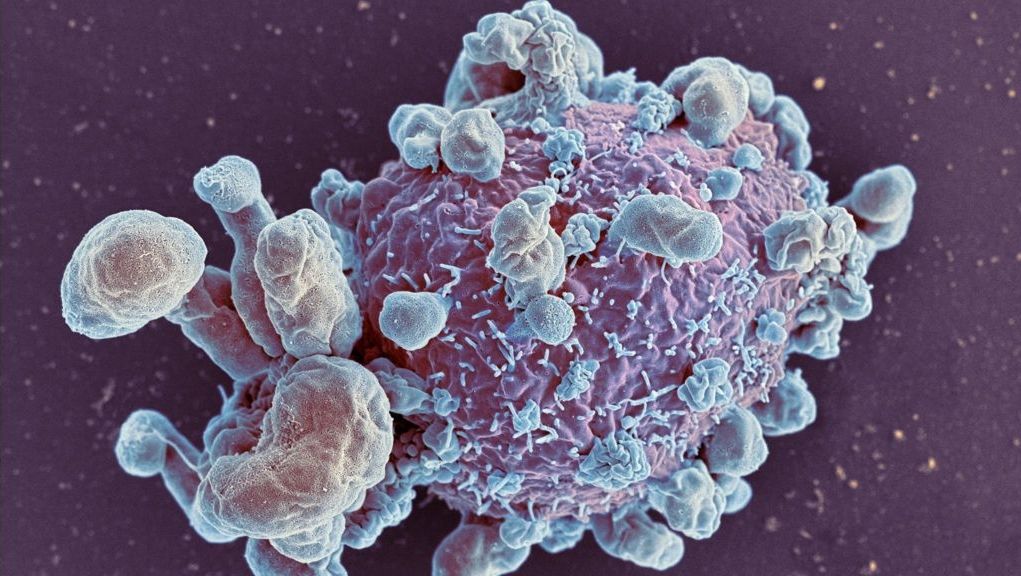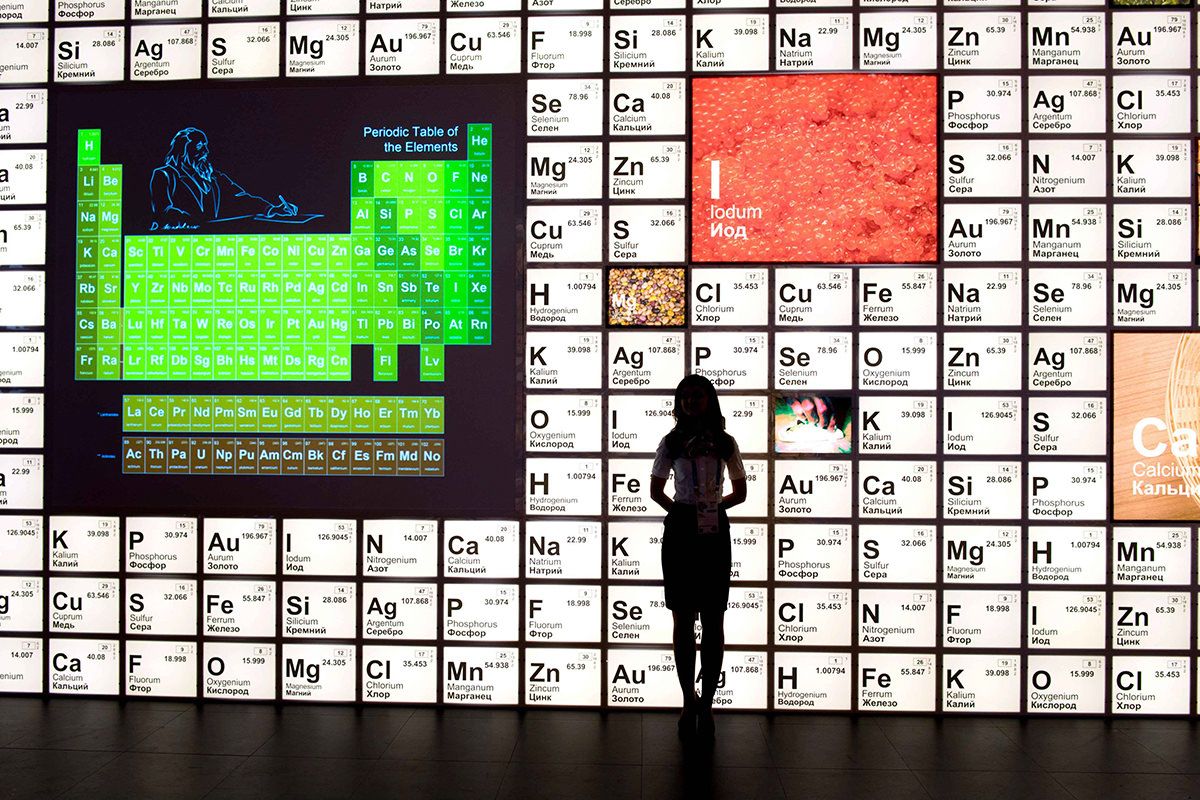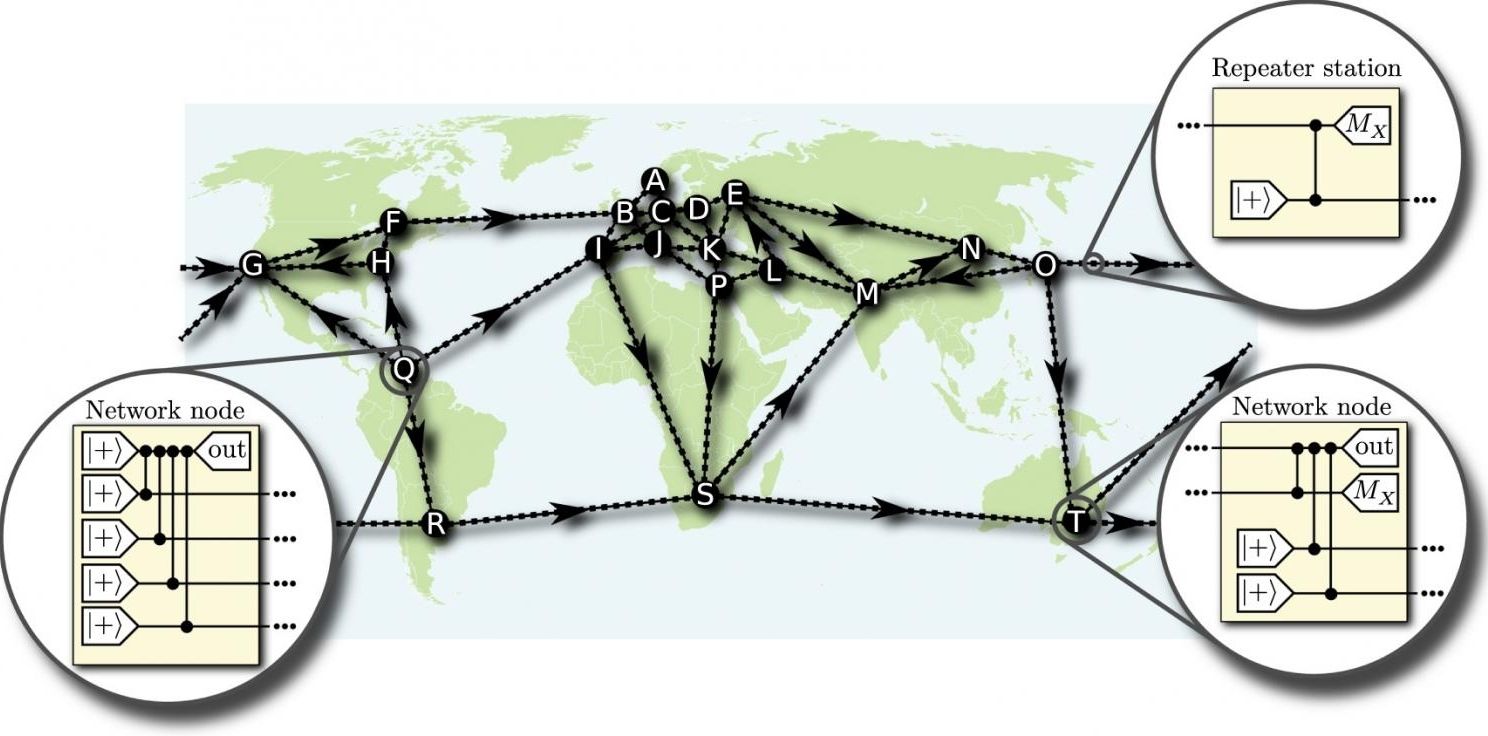Jun 8, 2016
Do We Really Hate Trump and Clinton So Much?
Posted by Zoltan Istvan in categories: education, employment, internet
My new Vice Motherboard article on increased social media use, trolling and what psychologically it might be doing to us:
The internet has turned us into belligerent critics.
The amount of growth Facebook has experienced in active users from 2012 to 2016 is staggering. An extra 650 million members joined worldwide in that election cycle. In the same years, Twitter—the ultimate blow-your-top-outlet-without-thinking—has grown from 340 million tweets a day to over 500 million (or 200 billion a year). In fact, many politicians and similar public personalities weren’t even on Twitter in 2012. Snapchat didn’t even exist until September of 2011.
Continue reading “Do We Really Hate Trump and Clinton So Much?” »


















